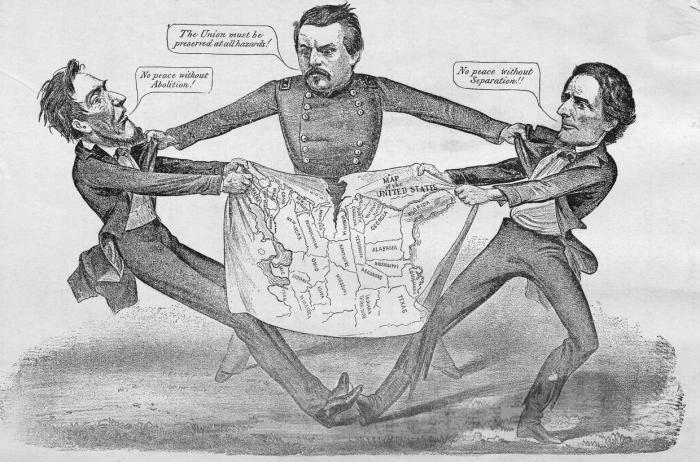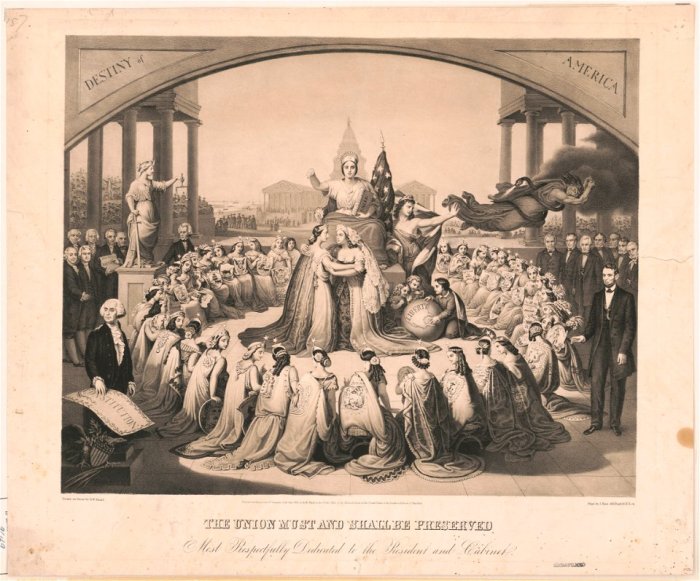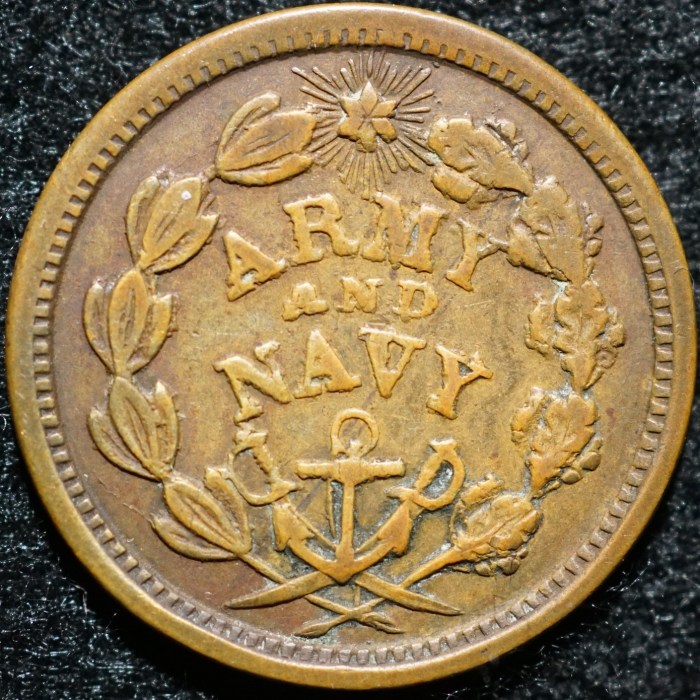The phrase “the union must be preserved at all hazards” has been a rallying cry and a source of controversy throughout American history. First uttered by President Andrew Jackson in 1833, it has been used to justify both the preservation of the Union during the Civil War and the suppression of dissent in the 20th century.
This essay will explore the historical context, political implications, economic consequences, social impact, cultural significance, and contemporary relevance of this enduring phrase.
In the early 19th century, the United States was a young nation struggling to define its identity and purpose. The issue of slavery divided the country, and the threat of secession was ever-present. In 1833, President Jackson issued his famous proclamation, “The Union must be preserved at all hazards,” in response to South Carolina’s threat to secede over the issue of tariffs.
Jackson’s words helped to rally the nation and prevent the breakup of the Union.
Historical Context: The Union Must Be Preserved At All Hazards

The phrase “the union must be preserved at all hazards” emerged during a period of intense political and social turmoil in the United States. The decades leading up to the Civil War witnessed growing tensions between the Northern and Southern states over issues of slavery, economic development, and states’ rights.
The election of Abraham Lincoln in 1860, a vocal opponent of slavery, further exacerbated these tensions and ultimately led to the secession of seven Southern states from the Union.
In this charged atmosphere, the phrase “the union must be preserved at all hazards” became a rallying cry for those who believed that the preservation of the United States as a single entity was paramount. This belief was rooted in a deep sense of nationalism and a desire to maintain the economic and political power of the United States.
Political Implications, The union must be preserved at all hazards
The phrase “the union must be preserved at all hazards” had profound political implications. It served as a justification for the use of force to suppress the secessionist movement and maintain the integrity of the Union. President Lincoln invoked the phrase in his first inaugural address, declaring that “the Union of these states is perpetual.”
This statement set the tone for the ensuing Civil War, which resulted in the preservation of the Union but at a great cost in human life and social upheaval.
The phrase also had a significant impact on the development of political parties and ideologies. It became a defining principle of the Republican Party, which emerged as the main proponent of Union preservation. In contrast, the Democratic Party, which had traditionally supported states’ rights, was divided on the issue of secession.
Economic Consequences
The phrase “the union must be preserved at all hazards” had far-reaching economic consequences. The Civil War disrupted trade and commerce, leading to a sharp decline in economic activity. The war also resulted in a massive increase in government spending, which fueled inflation and created a significant burden on the nation’s economy.
The preservation of the Union also had a significant impact on the development of the American economy. The abolition of slavery and the expansion of federal power created new opportunities for economic growth and development. However, the war also left a legacy of racial inequality and economic disparities that would persist for generations.
Popular Questions
What is the origin of the phrase “the union must be preserved at all hazards”?
The phrase was first used by President Andrew Jackson in 1833 in response to South Carolina’s threat to secede over the issue of tariffs.
How was the phrase used during the Civil War?
The phrase was used by both sides during the Civil War to justify their actions. The Unionists used it to rally support for the preservation of the Union, while the Confederates used it to justify their secession.
How is the phrase used today?
The phrase is still used today to justify a variety of political actions, both noble and ignoble. It is often used by those who believe that the preservation of the Union is more important than any other consideration.


